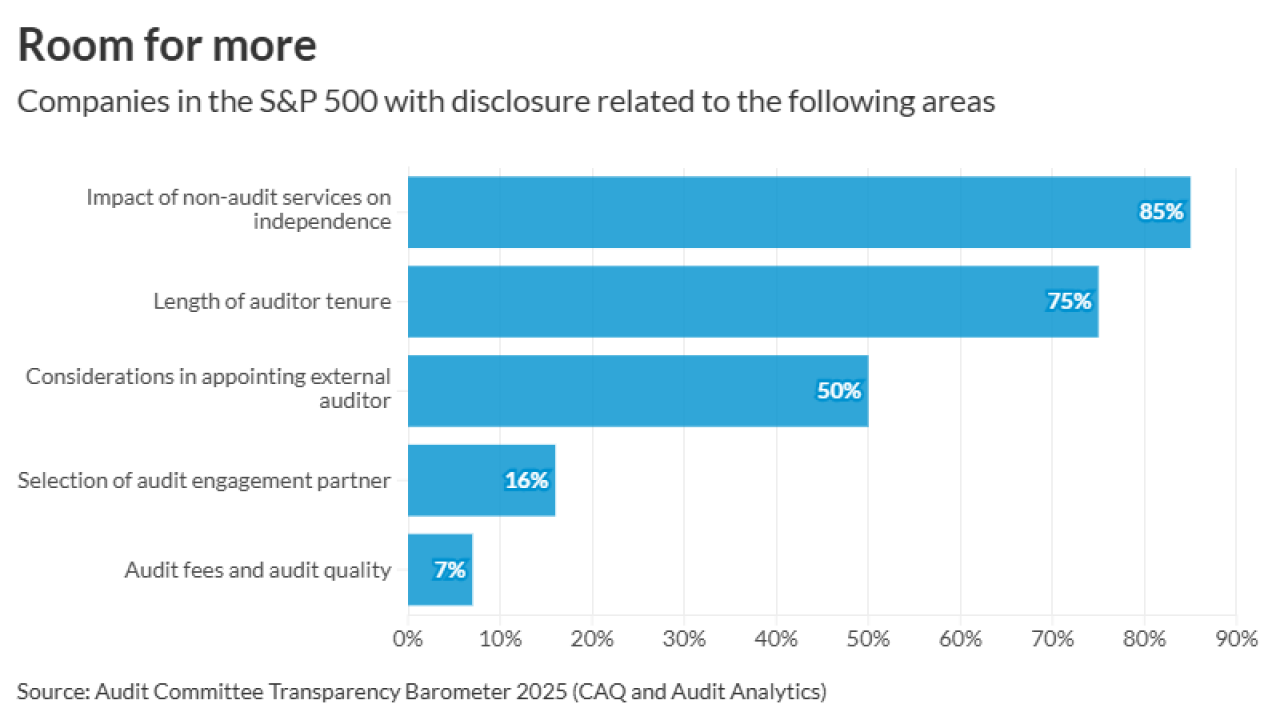I’ve been navigating the past three weeks by:
- Trying to keep my head above water (somewhat successful).
- Trying to be patient and calm (barely successful).
- Trying to listen to and accept my feelings before they bury me (didn’t even get there).
Does this sound familiar? As CPAs and financial professionals, we are trained to be financially astute, but now in the age of coronavirus, we have to master being emotionally astute. I rely on Gretchen Pisano, of pLink Leadership, to deliver me to a calm, collected state where I can do my best as a professional and be my best as a human.
How emotions work
Our brain stores experiences like a card catalog. Remember the old Dewey Decimal System filing drawers? When you went to look for a book, you'd pull open a drawer by subject and spend a painfully long time looking for your book in a sea of other books on the same topic. The brain is just like that, but with memories and emotions. When we have an experience that feels like grief, we pull open the “grief” drawer and are met with a flood of memories. Thus, the magnitude of your emotional experience can be as large as your card catalogue.
How to exercise emotional agility
What we call "trying to get by," Gretchen Pisano calls "emotional agility," and it's as sexy as it sounds:
“'Emotional agility' basically means that you are able to observe the emotion in you versus having the emotion run you,” she said. Physiologically, an emotion only lasts 70 to 90 seconds in the body. It hits you like a wave, your blood pressure may rise, your mouth may go dry, but 70 to 90 seconds later those responses will go away.
Our responsibility, as professionals, is that when we are hit by an emotional wave we should observe our response and practice limiting that response to the facts that we are faced with, rather than taking a nostalgic trip down an emotional wreckage lane and examining every card in our filing drawer. This holds especially true during a crisis, when waves are hitting us nonstop. To avoid feeling like you’ve been hit by a tsunami, you have to process emotions as they arise rather than letting them build up.
Learning about and acknowledging the three human operating systems
- Cognitive intelligence;
- Intellect; and
- Emotional intelligence.
That’s right, humans are essentially three-legged stools. Chop one leg down and we topple over. The development of cognitive intelligence and intellect is the bedrock of our education system and of our professional and managerial definitions of success.
The three categories of intelligence function like a suite of software, and “you are only as good as the lowest piece of software in your system.” Emotional intelligence is the bit of software that enables you to examine your physical/emotional wellbeing and that of others.
When you’re jetlagged, suffering from a cold, or dealing with external stressors, it’s your EI that clicks on and says, “Hey, your lack of patience is a red flag that you need to slow down and take care of yourself.” It’s also the thing that allows you to identify exhaustion or emotional distress in others. EI is essentially what we all need to be focusing on at the moment so we can extend grace to ourselves and others as we navigate the crisis around us.
Pisano recommends these how-to's for staying emotionally agile:
1. Make time for yourself.
- Practice the Pomodoro Technique (a time management method of breaking down work into intervals, interspersed with short breaks);
- Take 10- to 20-minute micro-recoveries; and
- Take a mental health day.
If your response to the above directive is, “I can’t take time! I'm needed by everyone around me and it’s my job to be there for my clients, my colleagues and my family,” then you especially need to take this advice and head off being paved by emotional exhaustion.
2. Monitor and replenish self-regulation.
- Sleep;
- Exercise; and
- Meditation.
Self-regulation is that finite resource that allows your outward-facing persona to remain professional while internally you may be a hot mess. Every time you collect your composure for a client call or put out a fire for a colleague, you’re depleting yourself. So, be wise about your decisions, go easy on yourself if you find your patience running out, and figure out ways to replenish your self-regulation "bucket."
3. Distinguish between what's emotionally yours and what is someone else's.
We are surrounded by emotional trauma and loss right now. Remember: “You can connect to an emotion in you to connect to an emotion in them. But be clear to distinguish between what’s yours and what’s theirs.” You can still connect to others. You can still be empathetic, supportive, understanding and helpful. But you don't need to physiologically take on the stories of others as if they were your own.
I hope this helps fortify your emotional wellbeing. If you're looking for more external resources on emotional agility, Gretchen Pisano recommends "Emotional Agility" by Susan David, and "Dare to Lead" by Brené Brown.
We want to hear what you’ve been struggling with over the last four weeks. Beyond the challenges of the endless tax season, what COVID-19 specific struggles have been plaguing you? You’re not alone — whatever it is.





